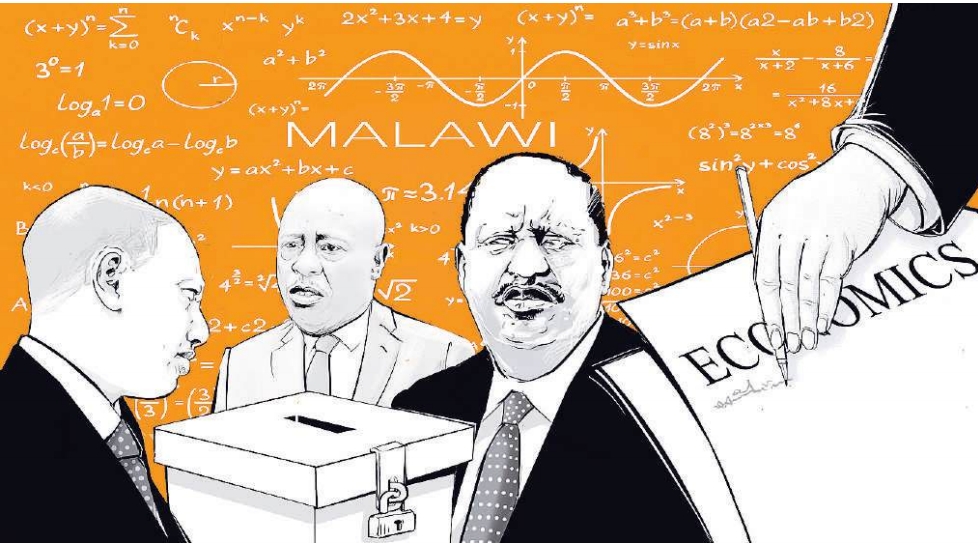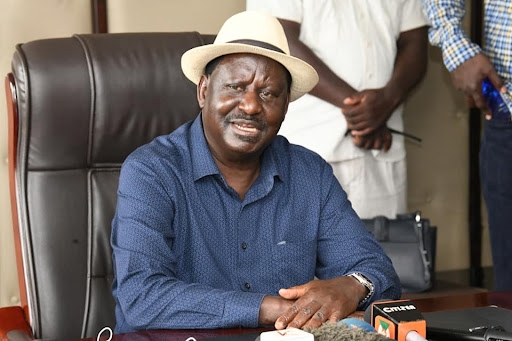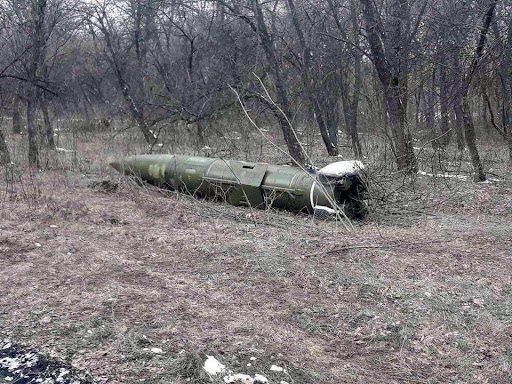

I remember from the time when I was one of the editors of this very newspaper, that it was always relatively easy to find Kenyan writers who could write fairly decent opinion columns focused on politics.
In fact, we often had more of such opinion columns being submitted by readers than we could easily accommodate.
But when it came to business and economics, very few were able or willing to contribute their thoughts. And yet most Kenyans insist that the only thing which really concerns them is the state of the economy, and that Kenyan politics can be dismissed as a jungle of desperados and careerists, determined to cling to high office at all costs.
Commentary on business and economics should actually be the easier of the two possibilities. After all, matters of business and economics are guided by cold hard facts; you might even say that they are restricted to mathematically verifiable facts. While politics is not just flexible, but positively slimy: it is not easy to pin any “facts” down when it comes to politics.
Consider, for example, the fact that Malawians just a few weeks ago elected an 85-year-old man to be their president.
If you were an insider in the William Ruto camp, you may up to now have taken solace in the view, common on social media, that our former Prime Minister, Raila Odinga, is too old to run for president again. Therefore, the only question would be whether he will support President Ruto, or a joint opposition candidate in the 2027 general election.
Since Raila and Ruto seem to have developed a very close working relationship, such a Ruto insider would add Ruto’s total in the last election (roughly 50 per cent) to Raila’s total (again very close to 50 per cent) and then only subtract the Mt Kenya vote, which we are told has left the Ruto camp, never to return.
That would leave Ruto with a very comfortable 65 per cent of the presidential vote in an ideal scenario.
But after 85-year-old Peter Mutharika’s victory in Malawi, can that calculation still hold?
Even if Raila is not particularly interested in one more exhausting presidential race, can we be sure that he is not even now surrounded by his own political insiders, who are begging him to take a page out of the Peter Mutharika playbook, and run for president in 2027, when he will still be a few years younger than Mutharika was when he coasted to a landslide victory?
So, thanks to events in a country far south of Kenya, the calculus of the next presidential election could change completely.
In comparison, questions relating to business and the economy, such as whether there has been an increase or a decrease in the amounts tea or coffee farmers are to receive for their produce; or the exchange rate of Kenya shillings to the US dollar; or any such basic statistics touching on factors which influence the cost of living for ordinary Kenyans: these are all relatively straight forward.
We can specify how many Special Economic Zone jobs will be lost in the clothing factories if the US does not allow for an extension of the African Growth and Opportunities Act.
The likely impact on the dollar exchange rate, if the remittances from the Kenyan diaspora in the US should take a downward turn, can also be accurately calculated.
Which is not to say that there are never any surprises when it comes to the economic life of the nation. But once you have taken the trouble to understand the basics, it all tends to be pretty straightforward.
However, now that I think of it, this reference to “understanding the basics” may be the key to why it is often so difficult to find opinion columnists who will focus on the national economy.
If you do not know the difference between GDP and GDP-PPP (that would be Gross Domestic Product and Gross Domestic Product - Purchasing Power Parity) then maybe you would be better off pontificating on whether the massive voting power of “the mountain” – a voting bloc that has been the key to victory in the last five presidential elections – has truly deserted Ruto for good.
Or if a substantial percentage of the voters from that region can be persuaded to support Ruto one more time.














